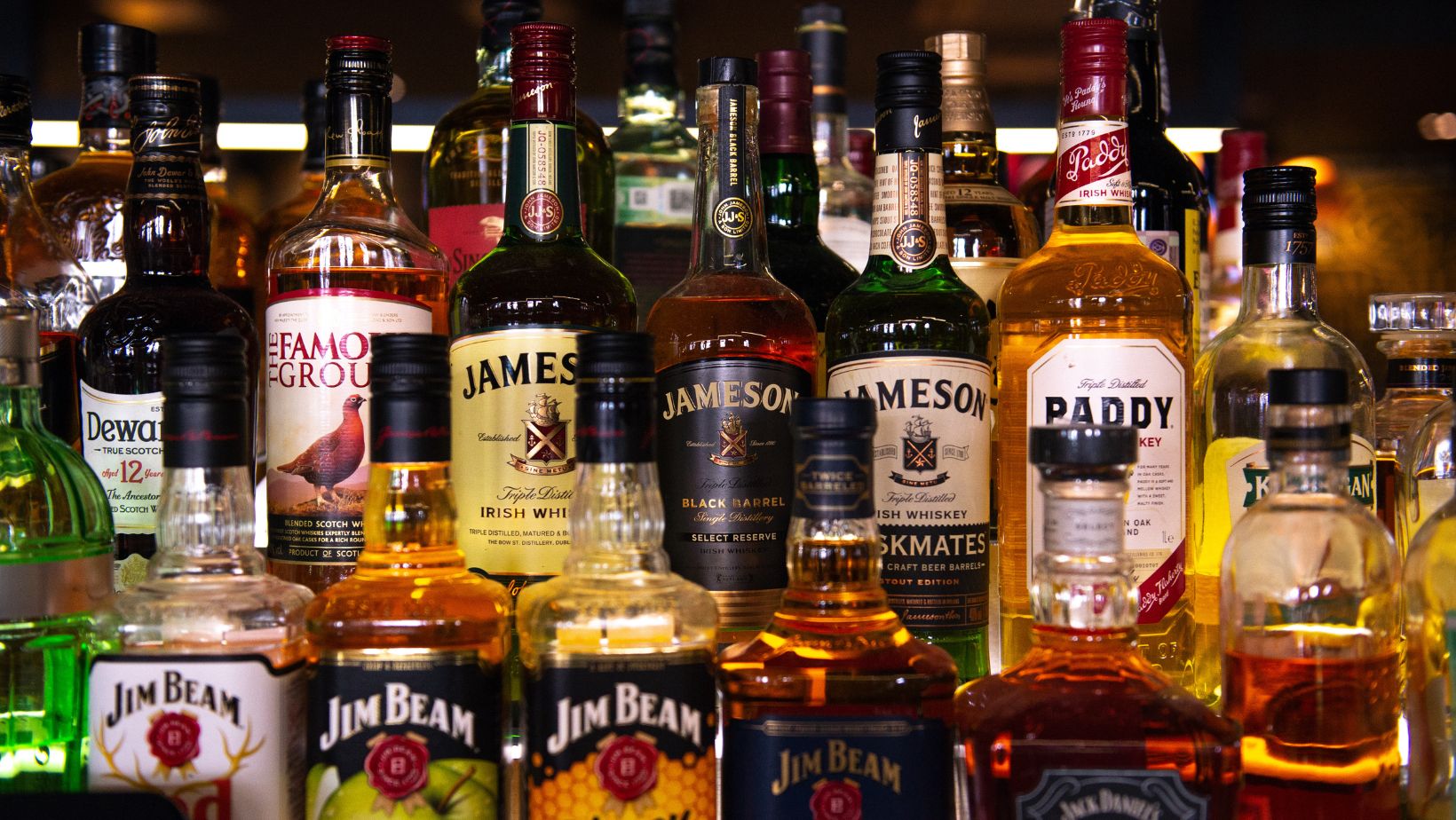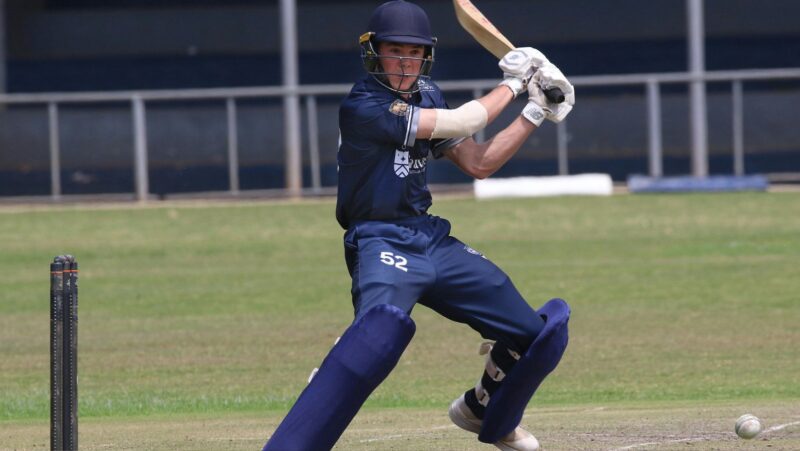
Overcoming addiction is a long and challenging journey that requires dedication, willpower, and support. For those struggling with alcohol use disorders in Johannesburg, there are many high-quality rehabilitation facilities available to help you or your loved one start the recovery process. This guide offers a comprehensive overview of alcohol rehab centers in the area and provides key information to help navigate your path to sobriety.
Understanding Alcohol Addiction
Before exploring treatment options, it’s important to understand the complex nature of alcohol addiction. Known medically as alcohol use disorder (AUD), addiction can vary in severity based on factors like genetics, environment, trauma, and more. Those with AUD often develop dependencies and experience cravings and withdrawal symptoms when attempting to quit. This leads them to continue drinking despite the negative consequences.
Alcohol impacts sections of the brain, controlling judgment, decision-making, learning, and memory. It causes the brain to release dopamine, activating the body’s reward system. Over time, continued alcohol use reshapes normal brain function – reducing impulse control while increasing tolerance and cravings.
Attempts to abstain without treatment lead to painful withdrawal symptoms ranging from tremors and nausea to life-threatening seizures. Understanding the psychology and physiology behind one’s specific addiction patterns can help in choosing an appropriate alcohol rehab facility.
The Role of Alcohol Rehabilitation Centers
Alcohol rehabilitation centers offer comprehensive treatment services to help people overcome addiction in a structured, therapeutic setting. Also known as alcohol rehab or alcohol treatment programs, they utilize various therapies and addiction education to promote long-term recovery. The type and length of treatment vary, with options like:
Outpatient Counseling: Attending sessions 1-5 times weekly while living at home.
Short-Term Residential: Typically, 30 days of full-time programming in a residential facility.
Long-Term Residential: Usually 90-120 days of intensive treatment. This provides greater focus without outside distractions.
Luxury Rehab: Offers residential addiction treatment paired with upscale amenities for additional comfort.
Rehab centers also provide vital aftercare resources to assist people in maintaining sobriety after completing initial treatment. This includes supportive transitional housing, ongoing therapy, and community support groups.
Choosing the Right Rehabilitation Center
With alcohol rehabilitation centres in Johannesburg specializing in everything from luxury to affordable care, selecting the right fit is crucial. Key factors to consider include:
Accreditation & Licensure: Choose centers licensed and accredited by reputable organizations, indicating adherence to high quality and safety standards.
Customized Treatment Plans: Look for individualized plans based on assessments of each patient’s addiction patterns, triggers, medical needs, home environment, and more.
Therapy & Counseling: Evidence-based counseling, individual and group therapies, cognitive behavioral therapy, and more should be included.
Holistic Services: Many now incorporate yoga, art therapy, nutritional counseling, and adventure therapy for mind/body wellness.
Family Involvement: Choose programs offering family therapy and substance abuse education resources.
Dual Diagnosis Capability: Facilities should screen for and treat any co-occurring mental health disorders alongside addiction.
Aftercare Planning: Sustainable aftercare preparation prevents relapse. It should include transitional living, sober coaching, and support groups.
Staff Credentials: Multidisciplinary teams should include addiction medicine doctors, psychiatrists, psychologists, certified counselors, social workers, etc.
Proper vetting gives you confidence in the facility’s capability to facilitate recovery in a tailored and clinically sound manner.
The Impact of Professional Counseling
For any addiction treatment program to succeed, it must include mental health services from accredited professionals. Counseling provides tools and coping strategies needed for long-term sobriety while addressing the underlying triggers and trauma often influencing addiction, such as:
- Childhood Abuse & Neglect
- PTSD
- Mood Disorders
- Personality Disorders
- Grief/Loss
Certified experts like licensed chemical dependency counselors, addiction psychiatrists, and clinical therapists form custom treatment plans which may include:
- Cognitive Behavioral Therapy (CBT): Addresses unhealthy thought patterns contributing to substance abuse.
- Dialectal Behavior Therapy (DBT): Teaches distress tolerance and emotional regulation skills.
- Individual & Group Counseling: Works through personal challenges associated with addiction and recovery.
- Family Counseling: Repairs damaged relationships and provides addiction education.
- Co-Occurring Disorders Therapy: Manages mental illnesses connected to or causing one’s AUD.
Counseling enhances self-awareness, communication skills, and motivation—all necessary for successful recovery.
Holistic Treatment Approaches
In addition to traditional clinical and medical therapies, many Johannesburg rehab centers now incorporate holistic modalities. These nurture mind, body, and spirit health for overall well-being during recovery. Some examples include:
Yoga & Meditation: Reduce stress while improving focus and healthy coping abilities.
Creative Arts Therapy: Promotes self-expression and healing through music, art, writing, etc.
Adventure Therapy: Outdoor recreational activities enhance confidence and trust and promote breakthroughs.
Nutritional Counseling: Education on how proper nutrition supports addiction recovery and related health conditions.
Massage Therapy: Offers relaxation benefits while reducing painful withdrawal symptoms.
Holistic services aim to empower those in treatment by attending to their integrated physical and emotional needs. This whole-person approach is believed to strengthen one’s overall recovery.
The Importance of Aftercare Programs
While completing initial intensive treatment is a major feat, lasting addiction recovery depends greatly on the quality of one’s aftercare regimen. Also called continuing care, aftercare provides ongoing disease management and sober support once residential treatment ends. It serves to ease the transition back into everyday responsibilities while solidifying new recovery skills that maintain sobriety.
Aftercare usually includes a combination of the following:
- Sober Living Homes: Transitional housing adjusting to normal life without substances.
- Support Groups: 12-step programs like AA or non-12-step groups provide community and accountability.
- Individual Therapy: Further addresses underlying mental health needs.
- Family Therapy: Improves home dynamics to provide a supportive, sober environment.
- Sober Coaching: Recovery mentors offer motivation, assist with triggers, and help structure a lifestyle focused on health and wellness.
Quality aftercare should continue for at least a year post-treatment or longer, depending on each person’s recovery capital. Many facilities help create comprehensive plans.
Conclusion
The path to sobriety from alcohol addiction has many twists and turns, but the journey is well worth it. For those in Johannesburg, many accredited rehabilitation facilities offer professional treatment based on scientific evidence and best practices. While each center is unique, quality care should include personal needs assessment, credentialed staff, counseling, holistic therapies, and aftercare planning. Doing thorough research allows you to determine which facility provides the balanced integrative care that matches your recovery goals. With an appropriate treatment regimen and ongoing aftercare, sustained abstinence is attainable. Resources are always available – the first step is summoning the courage to reach out for help.












